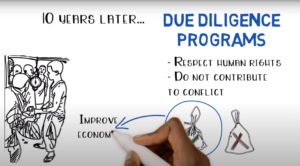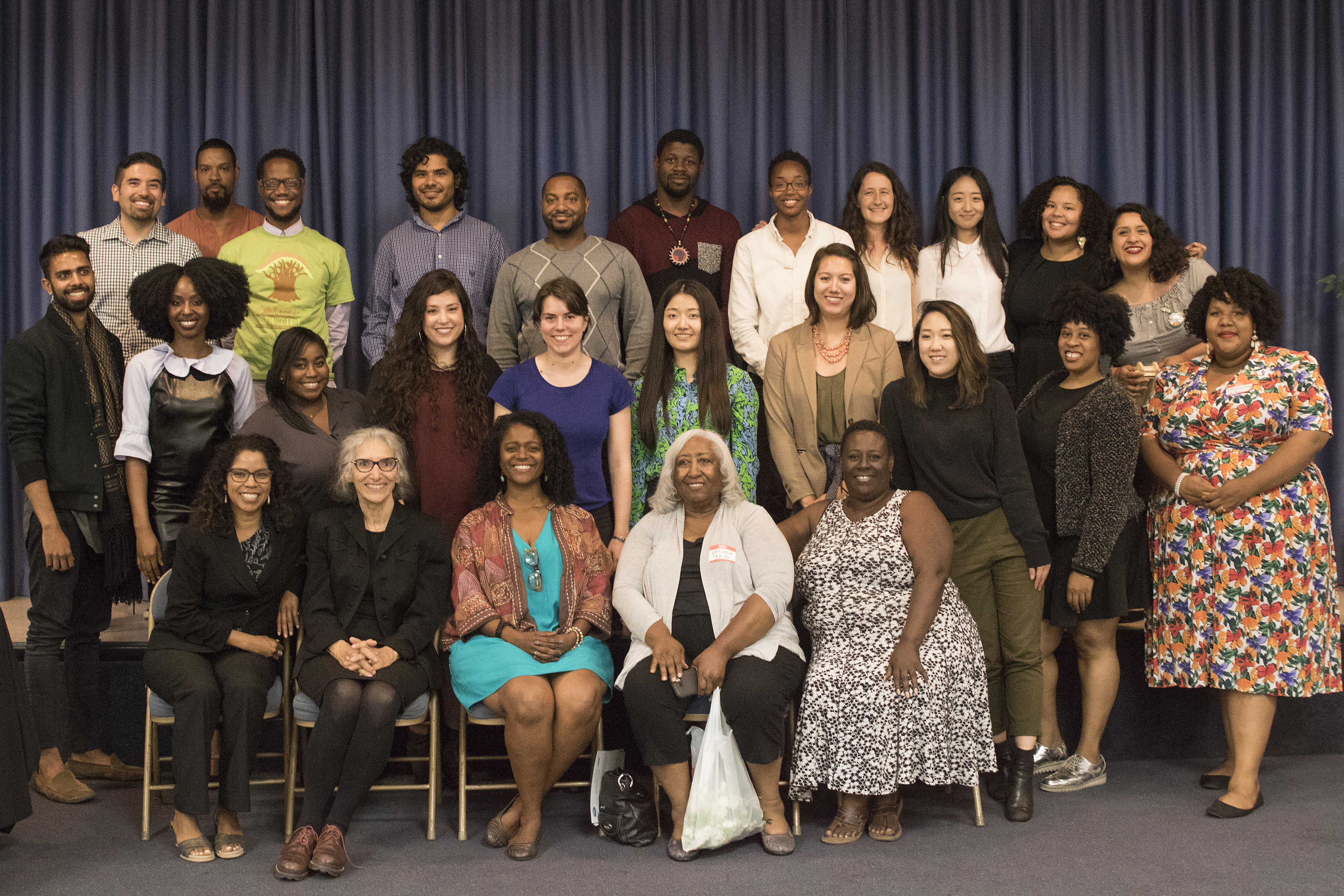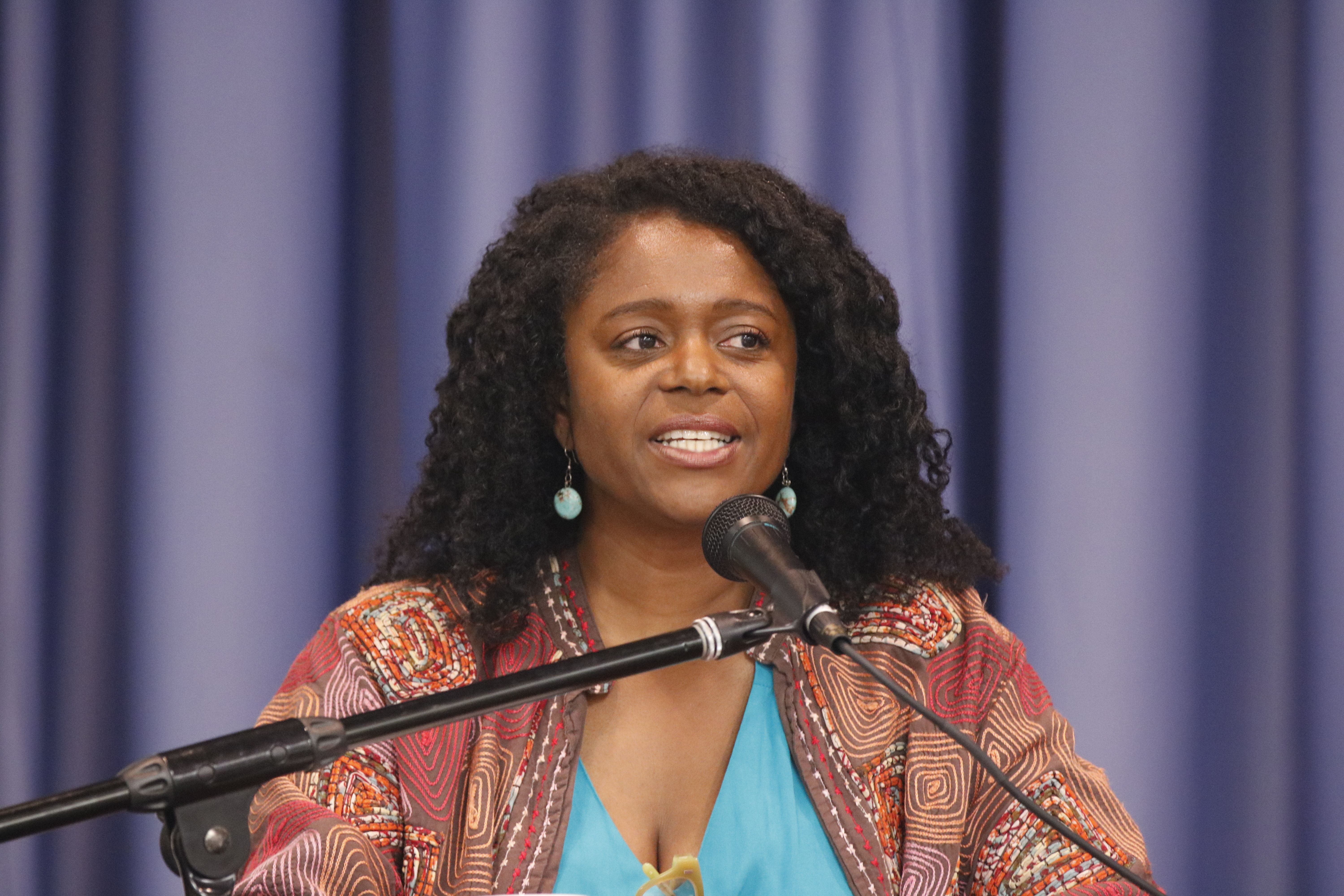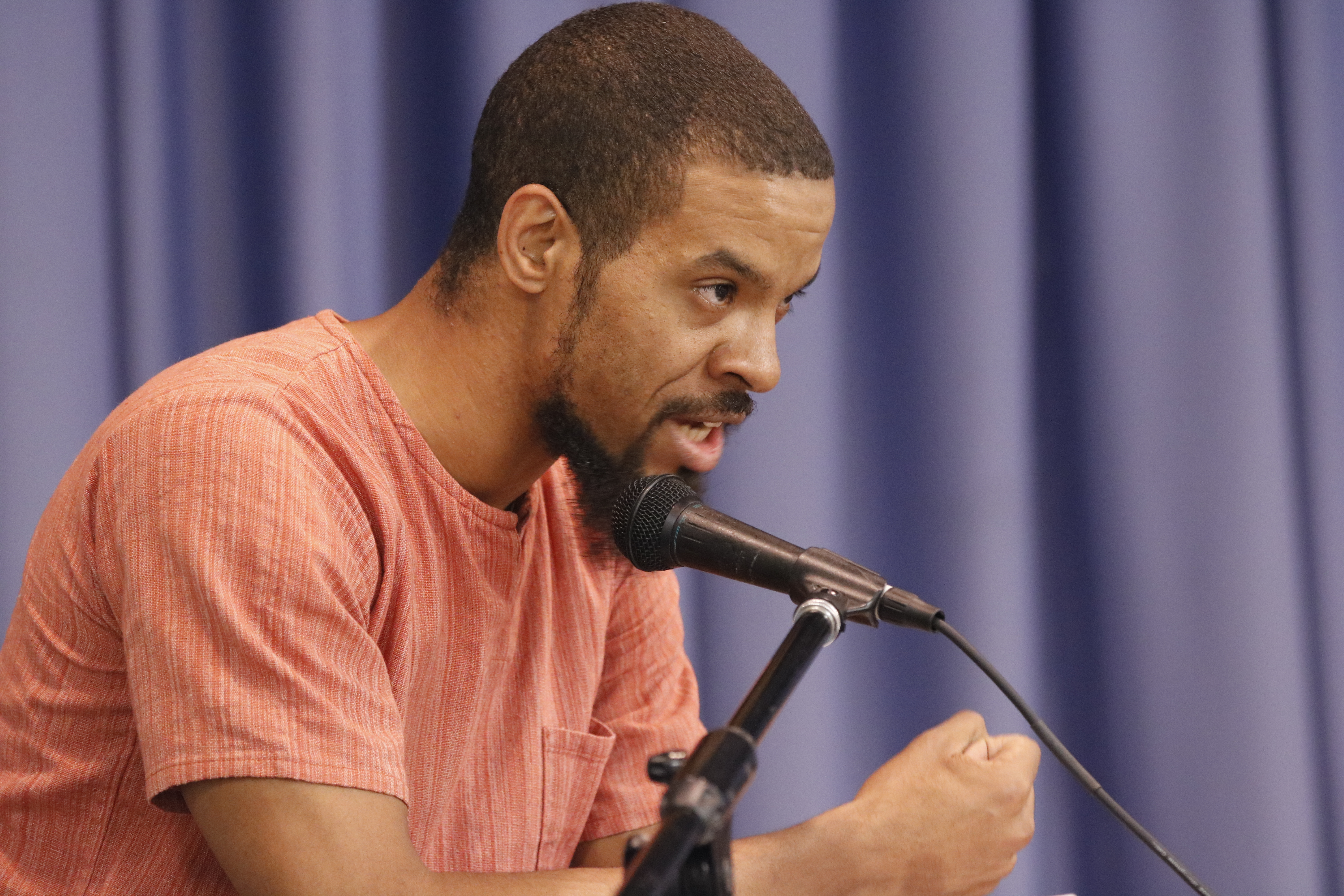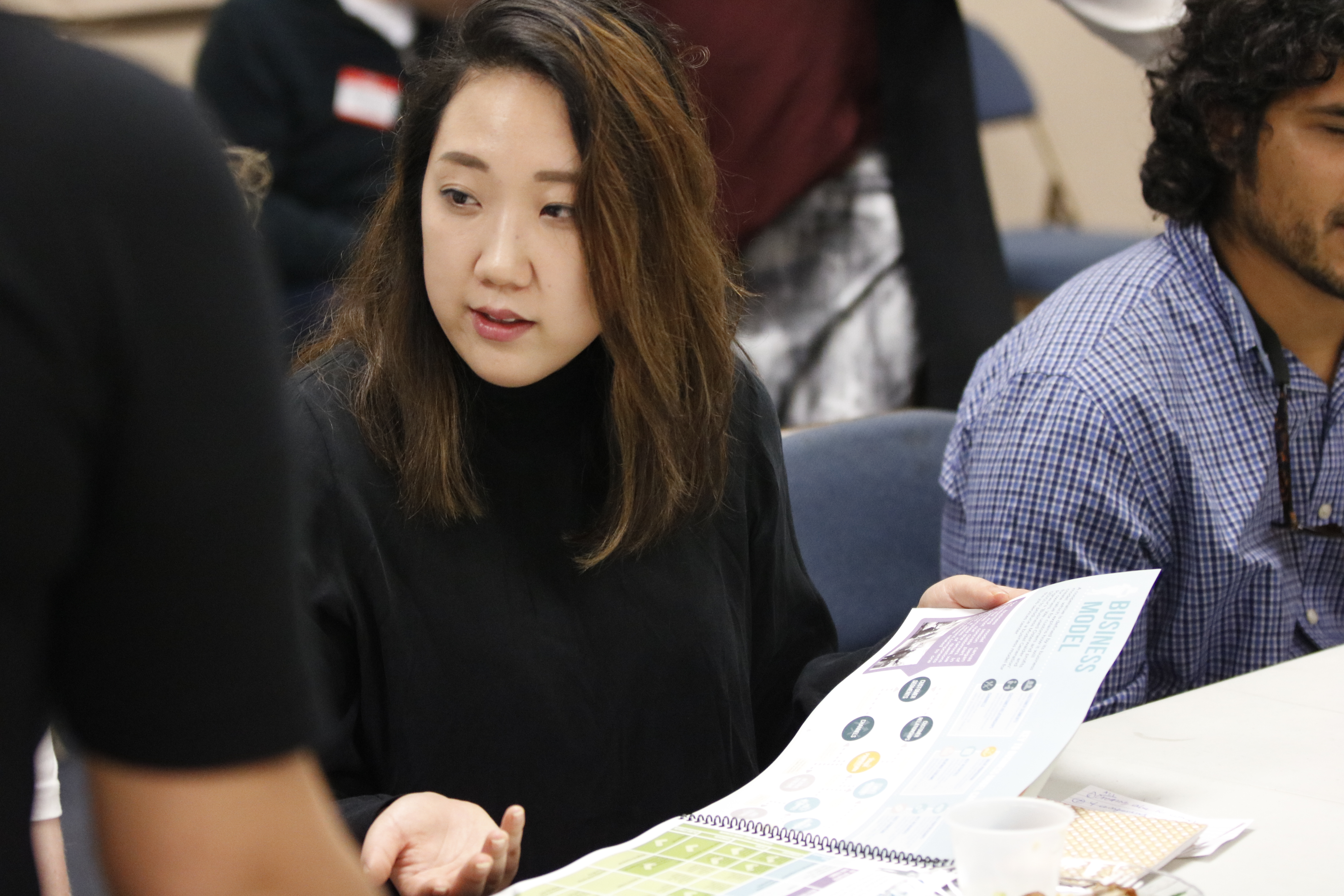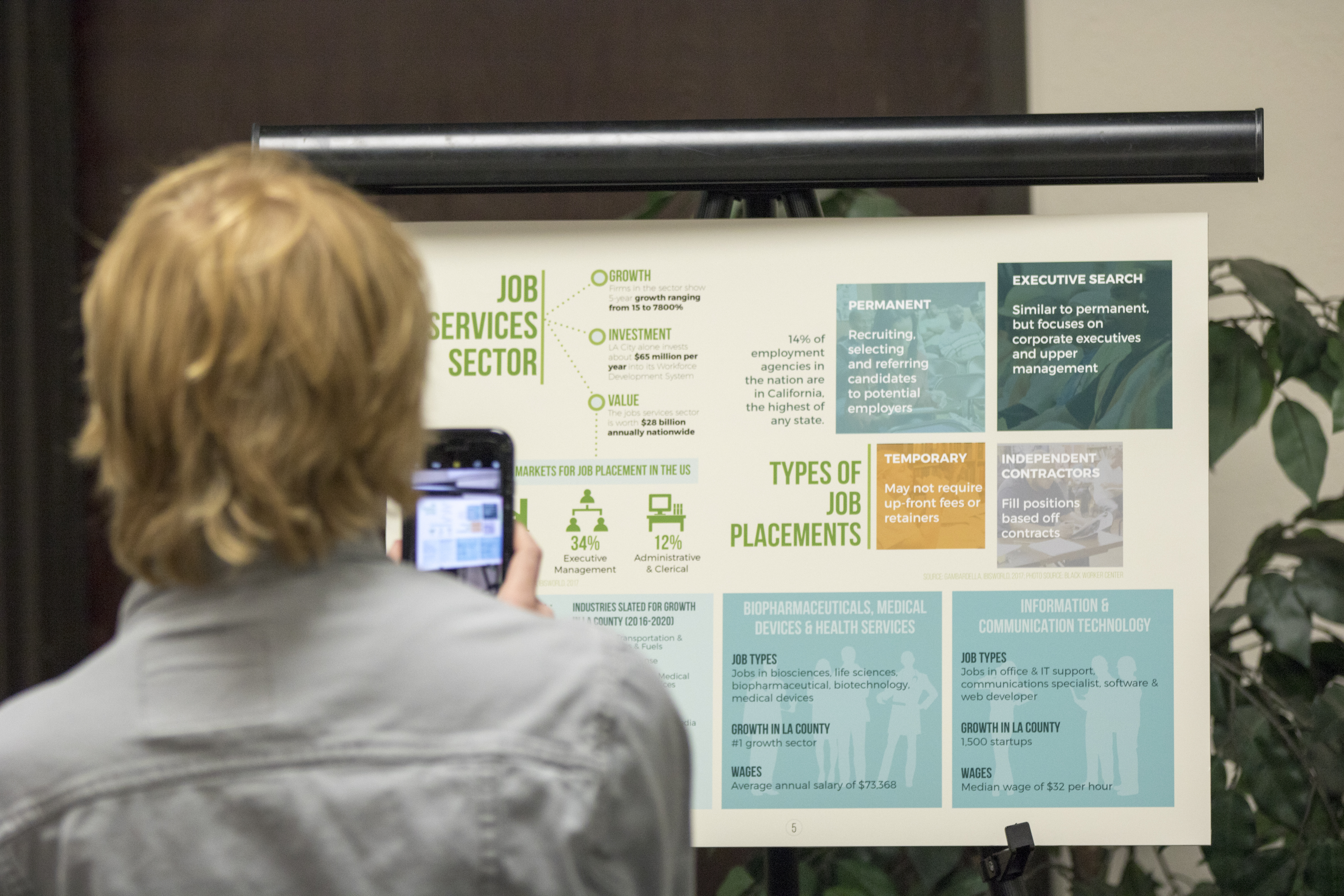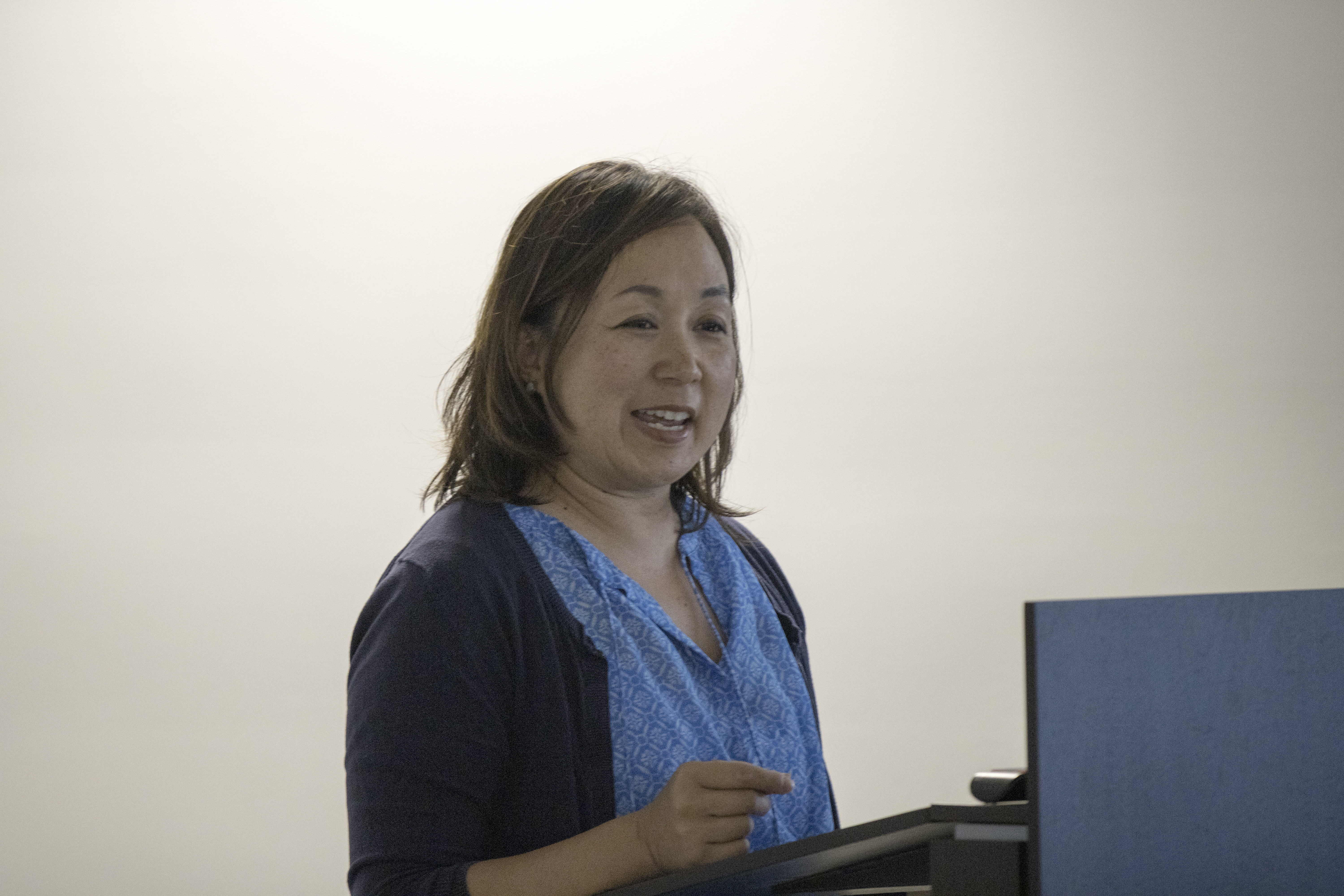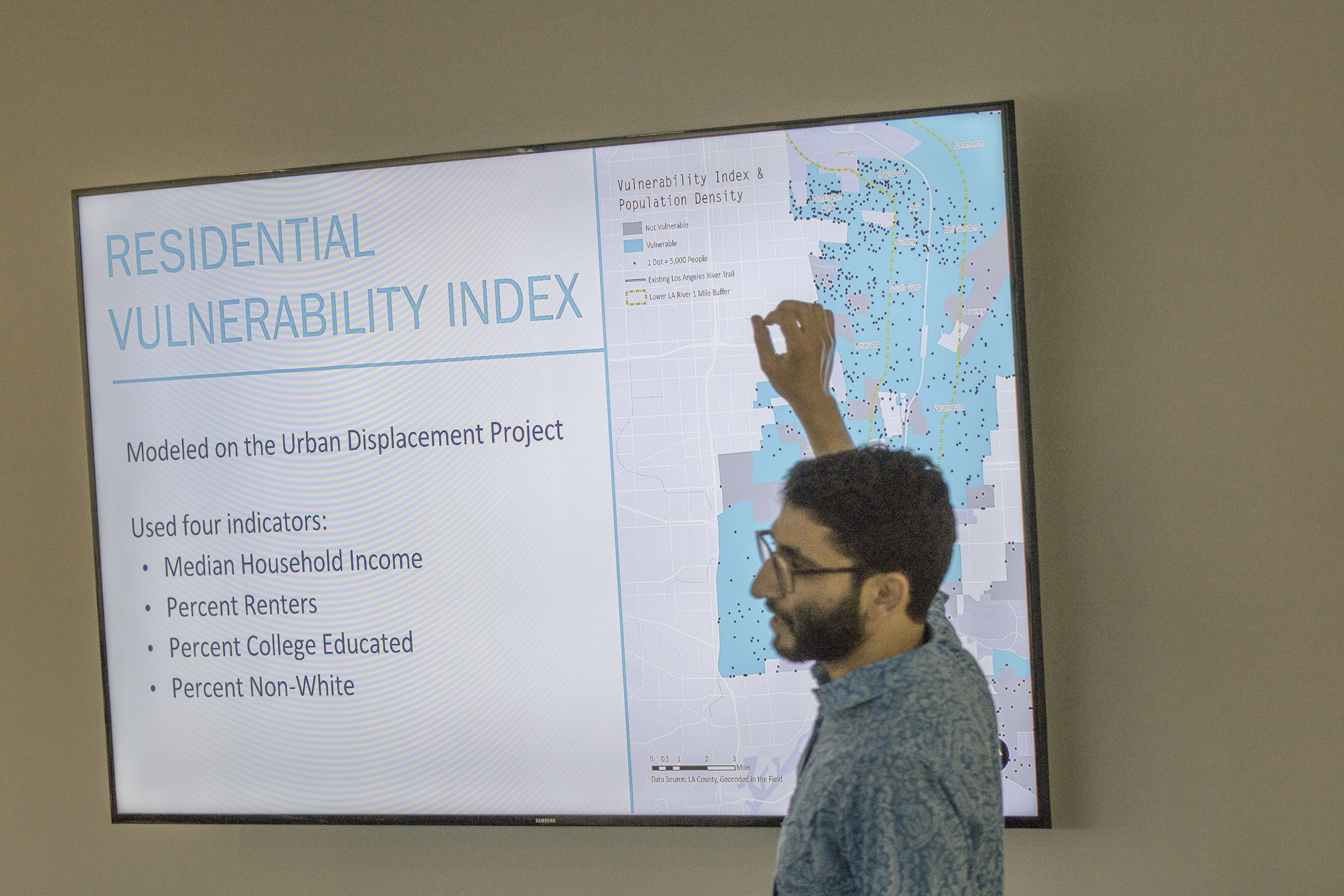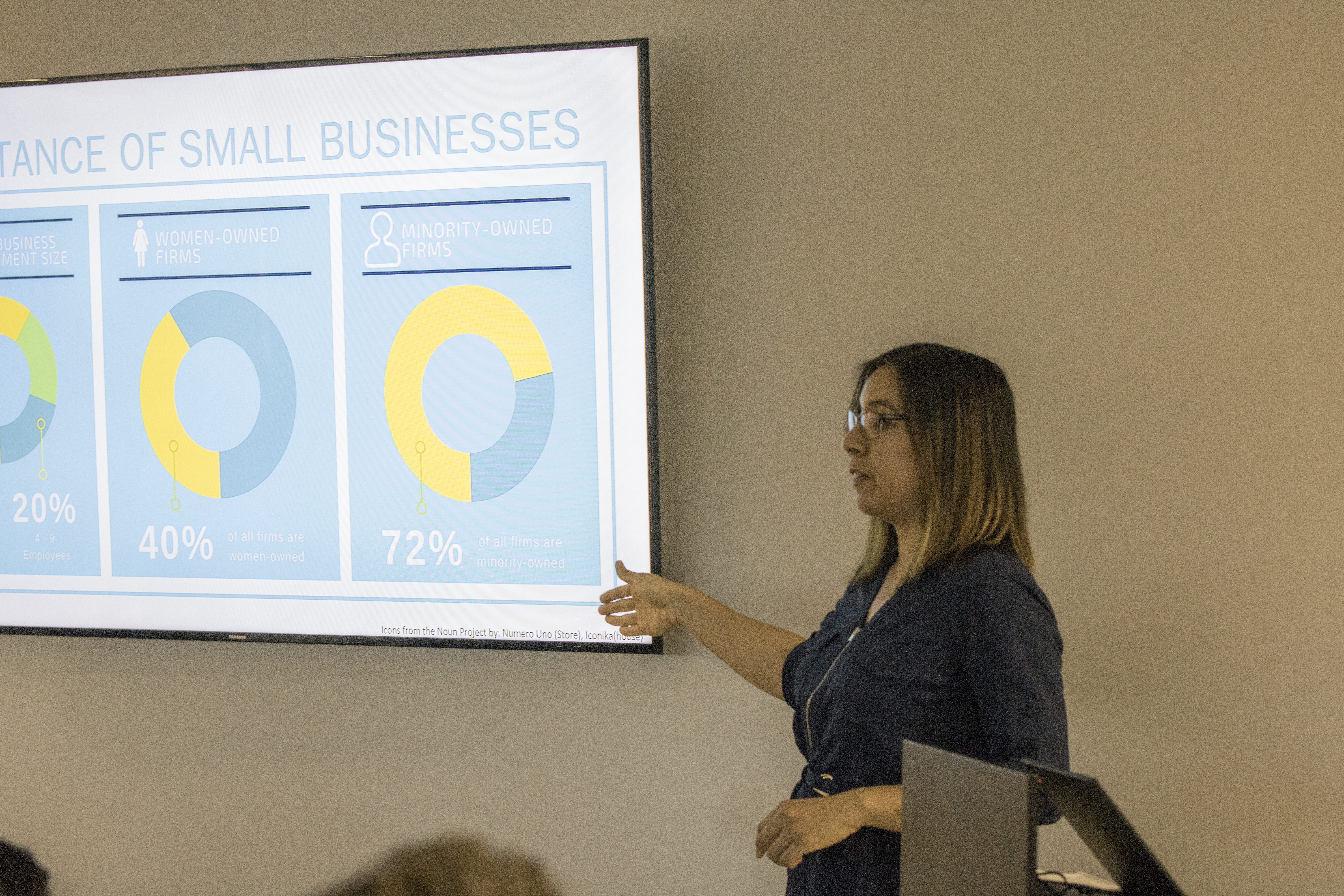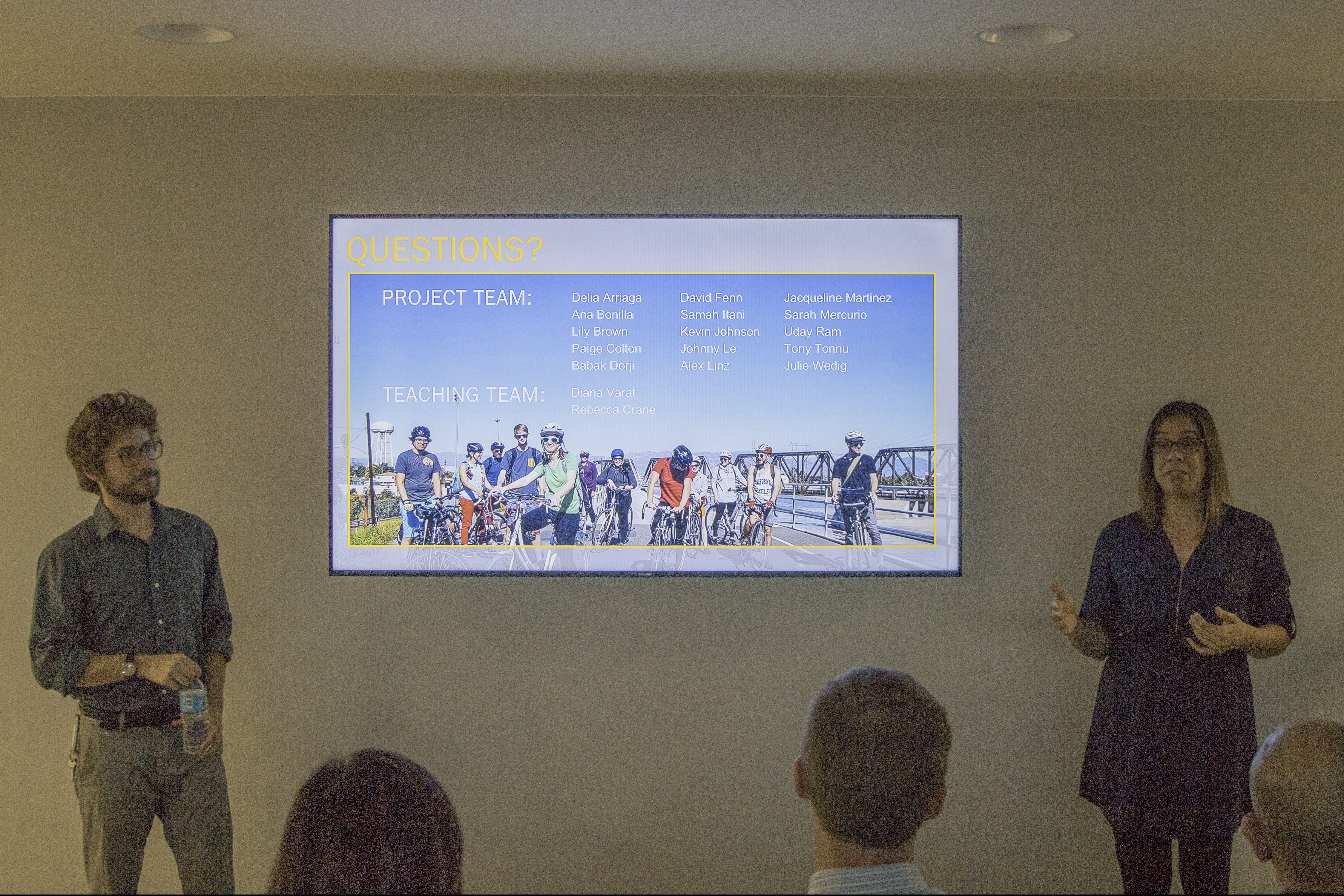By Les Dunseith
As the curtain lifts on another academic year at the UCLA Luskin School of Public Affairs, second-year Master of Urban and Regional Planning (MURP) students enrolled in one of two group efforts begin to tackle a major planning issue from multiple angles.
Listening, learning, analyzing, synthesizing and debating, the students enrolled in the Community Scholars and Comprehensive Project options will unite by graduation time to produce a shared vision of how best to address a challenge of significant scope and scale.
Exactly how comprehensive are these projects? Here’s the tally from last year:
- 29 Urban Planning students (now alumni)
- 20-plus weeks of class instruction
- 545 total pages (256 pages in one report, 289 in the other)
- 172 charts, tables, illustrations, infographics and complex data maps
- dozens of photographs (including a few shot by a drone camera high overhead)
- hundreds of emails, texts, phone calls and face-to-face sessions
Both of these group efforts are popular among students despite the workload, said Alexis Oberlander, graduate adviser in Urban Planning. In fact, an application and acceptance process is necessary to limit enrollment to a manageable number of about 15 for each.
“Comprehensive projects are more realistic to what it’s like in a professional setting,” Oberlander said of the difference between the group efforts and individual client projects pursued by other MURP students. In the professional world, “You don’t really do anything alone most of the time.”
The group efforts are similar in scope, complexity and instructional approach, but Community Scholars and the Comprehensive Project have key differences.
Community Scholars is a joint initiative of UCLA Luskin and the UCLA Center for Labor Research and Education that has been tackling issues related to jobs, wages and worker rights since 1991. UCLA’s Department of African American Studies was involved in 2016-17 too, joining an effort on behalf of the Los Angeles Black Worker Center to produce a report that reflects broad social concerns: “Black Liberation in Los Angeles: Building Power Through Women’s Wellness, Cooperative Work, and Transit Equity.”
“The idea is that students actually get to take the class with activists from the communities who are trying to accomplish the same things but need the guidance of an academic program,” Oberlander said. “And the students need the guidance of activists. So they learn from each other.”
Conversely, the annual Comprehensive Project is managed solely within Urban Planning. The 2016-17 team prepared a report for the Urban Waters Federal Partnership, which was titled, “Lower LA River Revitalization: An Inclusive Approach to Planning, Implementation, and Community Engagement.”
From concept to completion, a typical Comprehensive Project can stretch over a year or more. Oberlander pointed out that students entering the Luskin School in the fall will decide just six months later whether to register for the next Comprehensive Project, which won’t wrap up until more than a year later.
Thus, now is the time for potential client partners to step forward. “You can come to Luskin and you can get really great research for a third of the cost to hire somebody,” she noted.
The end of an academic year is often a hectic time for Comprehensive Project students. For example, the final presentation to the Community Economics, Health, and Equity Committee of the Lower LA River Working Group was on June 8, 2017. A final (more comprehensive) on-campus presentation took place June 13, 2017, just two days before Commencement.
Public presentations are also typical of Community Scholars. On June 17, 2017, the students gathered at Holman United Methodist Church in South Los Angeles for a rousing public review and reflection on what they had accomplished together.
“It is phenomenal to have the privilege to spend 20 weeks in a room with other organizers and thought leaders who are every day experimenting and making change on the front lines for black workers and black working class families,” said the UCLA Labor Center’s Lola Smallwood Cuevas, the 2016-17 project director.
“We didn’t solve the black jobs crisis in this 20 weeks,” she continued. “But what we did do was create the opportunity for us to get closer, to build the relationships, to build an analysis that will help us shape and continue to hone those definitions and our work together moving forward.”
Their report, which like other student research from UCLA Luskin Urban Planning students can be viewed online, focused on three aspects directly related to African American workers in Los Angeles:
- a curriculum on trauma-informed self-care for women served by the Black Workers Center;
- a feasibility study for a cooperatively owned jobs services center;
- a mobility study of the Slauson Corridor that paid particular attention to the intersection of Slauson and Western avenues, which a collision analysis found to be among L.A.’s most dangerous traffic locations.
Marque Vestal, a PhD student in history who served as a teaching assistant for Community Scholars, noted that the effort was about more than simply doing great research. While studying under Smallwood Cuevas, UCLA Luskin’s Gilda Haas and Gaye Theresa Johnson of UCLA African American Studies, the students examined issues of race, equality and empowerment through the black radical tradition.
“We suspected that something special would be crafted in that room because every week the laughter amid the planning got louder,” Vestal recalled during the presentation. “So we are here today to share that harvest of laughter and planning.”
“And there’s always the people who rise to the top with any group project who end up being the leaders,” Oberlander said. “They are usually the ones who are still working till August after they have graduated, making sure the client has exactly what they need.”
The instructor of the L.A. River project was Diana Varat JD/MA UP ’08, a planner and attorney who was part of the Luskin School’s adjunct faculty for the year. A rotating instructor approach is used for Community Scholars too. In 2015-16, UCLA Luskin’s Goetz Wolff led an analysis of the distribution of goods in Southern California that went on to win a national applied research award.
For the L.A. River project, students looked at gentrification, access and community impacts as part of their detailed analysis of the potential pitfalls of redeveloping the Lower Los Angeles River that runs through 14 cities from Vernon to Long Beach.
“As the potential of the Lower L.A. River becomes more clear, communities along the river are at a critical juncture,” said Alex Linz MURP ’17 during concluding remarks. “By committing to sustained community engagement and empowerment, river-adjacent cities have an excellent opportunity to showcase the Lower L.A. River both as a local and regional reflection of community pride.”
For 2017-18, the Comprehensive Project team will work with Distinguished Professor Emeritus Martin Wachs on the issue of transit-oriented development. Community Scholars will tackle homelessness and housing.
